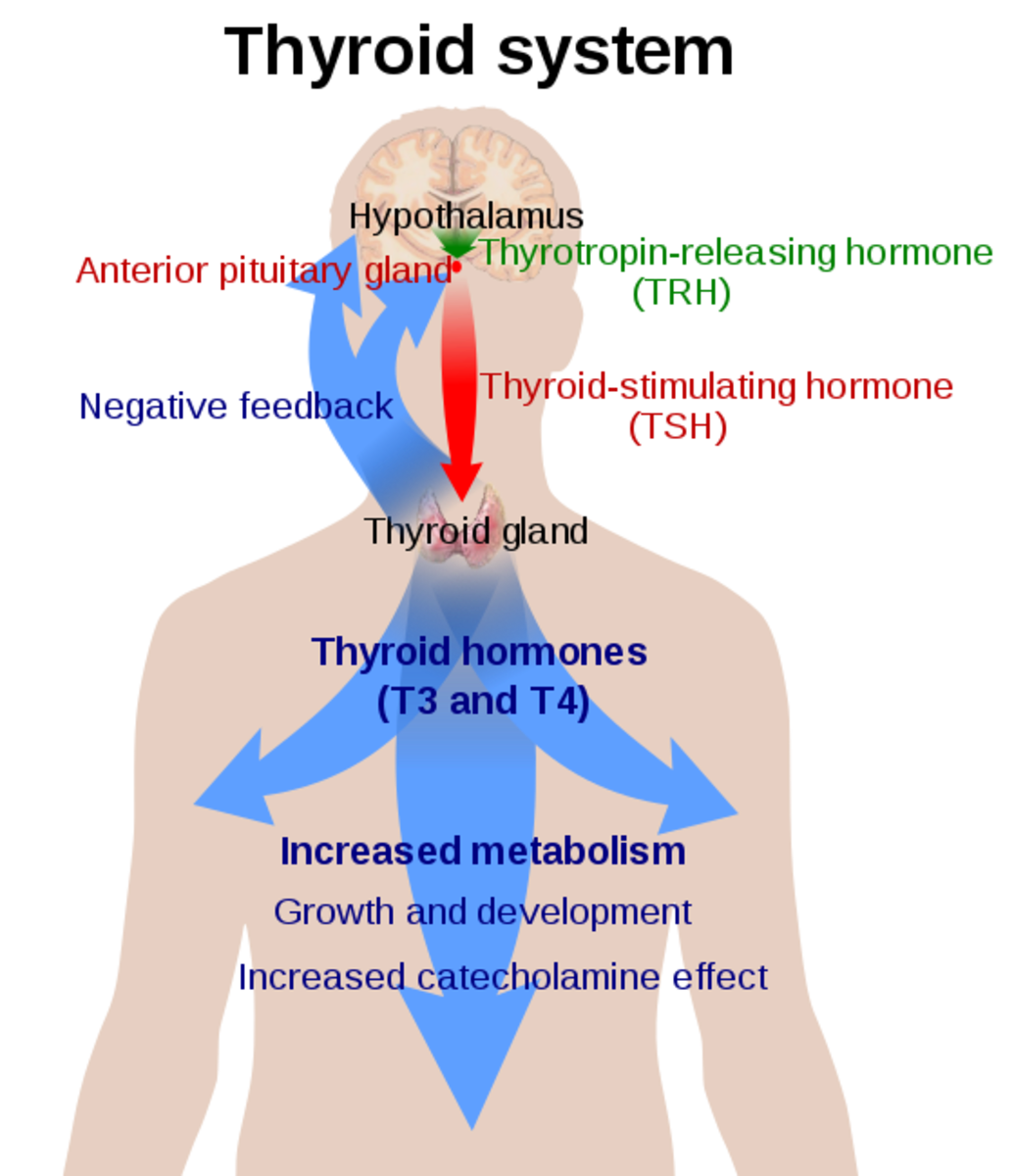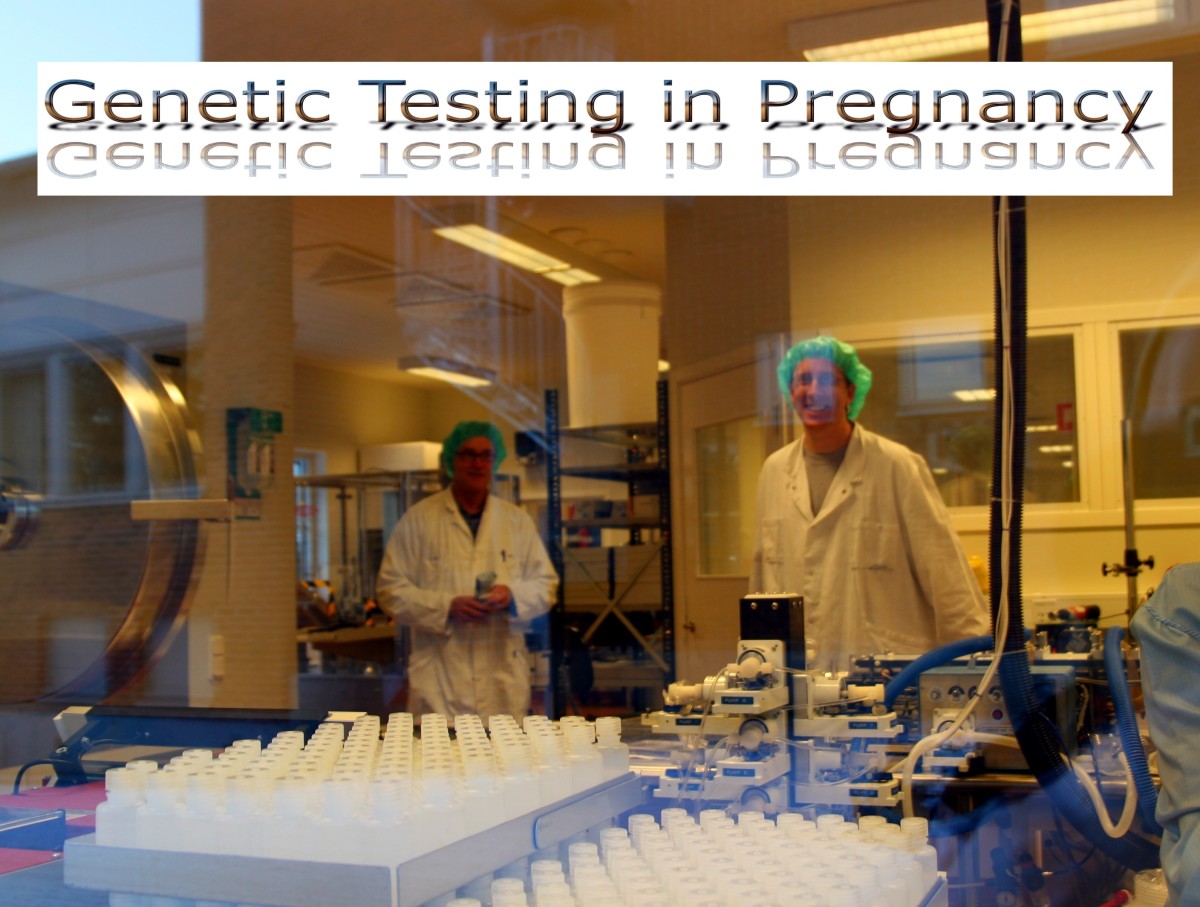Graves Disease: Why You Can’t Rely On Thyroid Blood Tests Alone
Thyroid blood tests can be extremely valuable when it comes to diagnosing Graves’ Disease and other hyperthyroid conditions. But while people with a suspected thyroid condition should no doubt obtain the standard thyroid blood tests, you need to realize that you can’t solely rely on the results of these tests if you want to restore your health back to normal.
The reason for this is because blood tests detect conditions when they are already "full-blown". In other words, if you have a TSH blood test and it’s lower than the reference range, you officially have a hyperthyroid condition. This might sound like common sense to you, but while it’s great to have tests that diagnose a condition, it’s even better to use tests that help prevent a condition. Wouldn’t you agree that it would be better to receive a test that can predict you’re at risk for having a thyroid condition, BEFORE you actually develop that condition?
Blood Tests Don’t Tell You The Cause Of Your Condition
Although a positive thyroid blood test will tell you whether or not you have a thyroid condition, it won’t give you any idea as to what is actually causing the thyroid gland to malfunction. Despite this, these are usually the primary tests medical doctors rely on, as once they determine you have a hyperthyroid condition through the blood test results they will then recommend anti-thyroid drugs, or radioactive iodine therapy.
3 Other Tests Graves’ Disease Sufferers Should Consider Receiving
In addition to blood tests, as well as other conventional tests that might be performed at an endocrinologist’s office (radioactive iodine uptake test, ultrasound, etc.), there are three additional tests a person with Graves’ Disease might want to consider to help determine the cause of their condition. This doesn’t mean that everyone with Graves’ needs to have all three of these tests, but most should have at least one of the following performed:
1. Adrenal Stress Index (ASI). This test determines the health of your adrenal glands. The reason this test is so valuable is because just about everyone has stressed out adrenals these days. The way this test works is through saliva testing, as you need to collect four samples at different times throughout the day, which help determine the pattern of your cortisol levels. This test is performed by Diagnos-Techs, and it measures more than just the cortisol levels, as it consists of other saliva tests, including 17-OH Progesterone, DHEA, Gliadin AB, Secretory IgA, and Insulin.
2. Hair Analysis. The benefits of a hair analysis test is that it will tell you what’s happening at the cellular level. This isn’t only helpful from a treatment standpoint with regards to Graves’ Disease, but this test can also be used to help prevent conditions from developing in the future. Most medical doctors would laugh at the thought of having their patients receive such a test, but it can really be a valuable diagnostic tool for those who know how to interpret the results.
3. Hormone Panel. Many people have hormone imbalances, and addressing such imbalances is essential with any autoimmune thyroid condition such as Graves’ Disease. Diagnos-Techs also performs this type of testing, as they offer both both male and female hormone panels that are measured through the saliva.
There are obviously other companies that perform these tests other than Diagnos-Techs, but this is one of the better companies out there with regards to saliva testing. There are also numerous companies that perform hair analysis, but once again, you do need to be careful when choosing a company, as not all of them are the same.
How Accurate Are These Other Testing Methods?
One of the main questions people have about these tests have to do with the accuracy of them. While we’re used to receiving blood tests, urine tests, etc., we’re not accustomed to doing saliva testing and hair analysis, and so it’s natural to question the validity of such test results. The truth is that when conducted right, these tests can be very accurate, and will give a lot of valuable information that can tell a great deal about your health.
For someone who chooses conventional treatment methods such as anti-thyroid drugs or radioactive iodine therapy, these “alternative” testing methods might not be necessary. But for someone who has Graves’ Disease and is looking to restore their health back to normal through natural treatment methods, having one or more of these tests performed can really help to determine the cause of your disorder, which is essential to restore your health.
If you have been diagnosed with Graves’ Disease and would like to obtain one or more of these tests to help determine the cause of your condition, you will most likely need to consult with some type of holistic doctor, such as a naturopath, chiropractor, or a holistic medical doctor. Most endocrinologists and general medical practitioners won’t recommend these tests, and most will actually advise you not to get them, mainly because they know nothing about them.
In summary, thyroid blood tests definitely provide a lot of value, but for someone with Graves’ Disease who is looking for the cause of their condition, such blood tests don’t tell the entire story about their condition. So keep an open mind and speak with a natural endocrine doctor, or another holistic doctor about receiving one or more of the tests I mentioned earlier.
For more information on how to treat Hyperthyroidism and Graves’ Disease through natural treatment methods, please visit my facebook fan page, Graves Disease and Hyperthyroidism: Natural Treatment Solutions (and don't forget to Like the page while you're there!).








